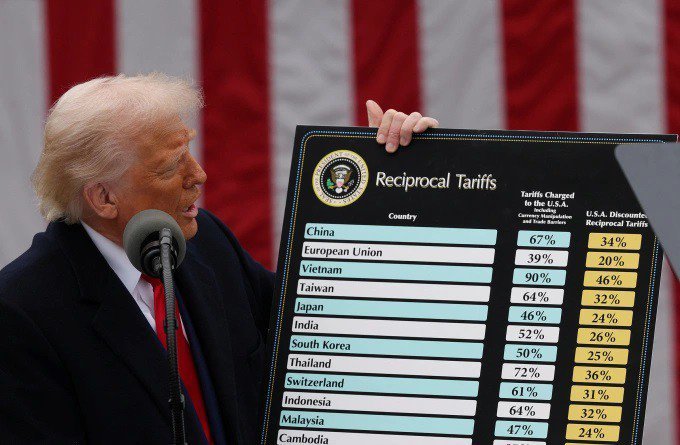The intersection of politics and sports is not new, but recent developments suggest that U.S. tax policy could shake the very foundations of the sports industry. Former President Donald Trump’s proposed and implemented tax reforms have drawn immense criticism and concern, particularly regarding their long-term impact on professional sports. While Trump’s tax policy aimed at stimulating business growth and cutting unnecessary federal spending, the ripple effects across different sectors tell a more complex story. One such sector—often overlooked in economic policy discussions—is the sports industry. This article delves into how Trump’s tax policy could cause the sports world to collapse, examining everything from player salaries and team ownership finances to community programs and grassroots sports.
1. **The Sports Industry and Its Economic Significance**
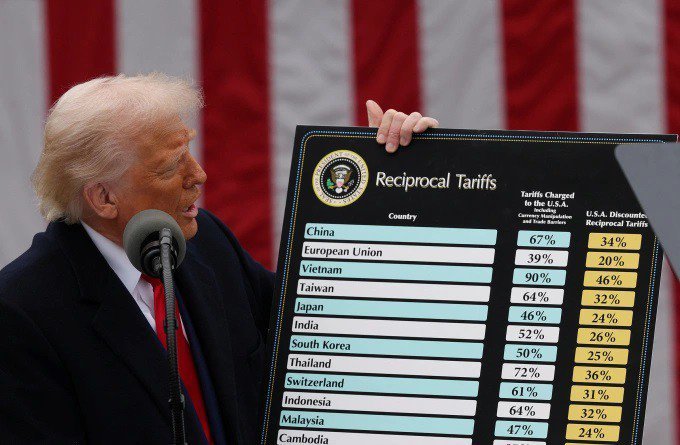
The sports industry is a multi-billion-dollar enterprise in the United States. It includes major leagues like the NFL, NBA, MLB, and NHL, as well as college sports, sports media, merchandising, sports betting, and more. The sector supports millions of jobs, from high-profile athletes and coaches to stadium workers and sports journalists. Tax policy changes, therefore, have the potential to disrupt a wide economic ecosystem, not just the lives of wealthy athletes or owners.
1. **Trump’s Tax Cuts and Jobs Act: A Brief Overview**
In December 2017, Donald Trump signed the Tax Cuts and Jobs Act (TCJA) into law, one of the most sweeping tax reforms in decades. The TCJA reduced the corporate tax rate from 35% to 21%, increased standard deductions, and eliminated various itemized deductions. While these reforms were meant to incentivize business investment, they inadvertently introduced complications for the sports world.
The most significant issues arose from limitations on state and local tax (SALT) deductions, changes to entertainment expense write-offs, and alterations in how pass-through income is taxed. Although many sectors adjusted, the unique structure of sports organizations has made adaptation far more difficult.
1. **Eliminating Entertainment Deductions: A Blow to Sponsorship and Hospitality**
Prior to the TCJA, businesses could deduct 50% of entertainment and hospitality expenses—including sports tickets, stadium suites, and corporate boxes—as long as they were related to business activities. These deductions were critical to the sports economy, encouraging companies to invest in sponsorships and corporate packages.
However, Trump’s tax reform eliminated deductions for any entertainment expenses, including those related to sports events. This change has made businesses more reluctant to invest in expensive game-day experiences, leading to a decline in corporate suite sales and sponsorships. Teams that heavily relied on this revenue—particularly in MLB and NHL—have seen declines that affect overall operations and player development budgets.
1. **Impact on Team Ownership and Franchise Valuations**
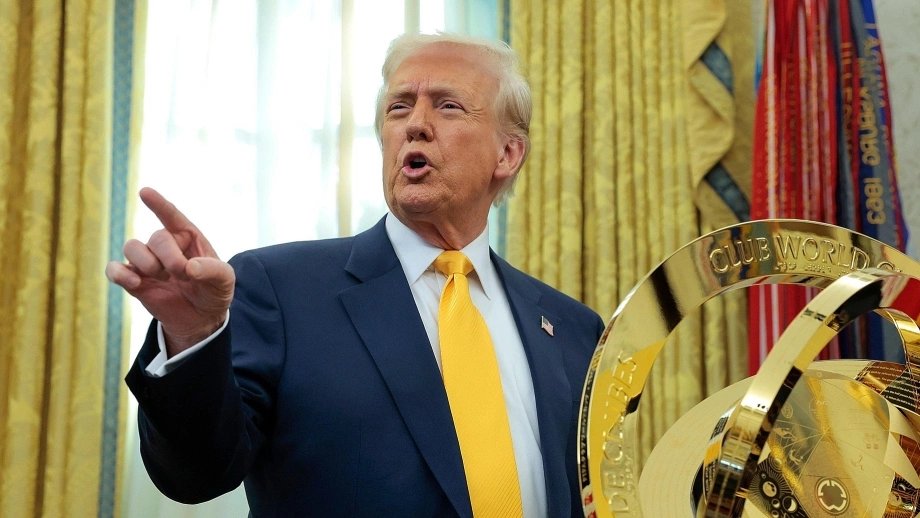
Another area of concern lies with team ownership and franchise valuations. The TCJA altered the tax benefits previously available for depreciation and amortization of franchise assets. In the past, owners could depreciate intangible assets like player contracts and broadcasting rights to offset taxable income. The new law changed how such assets are categorized and deducted.
This has lowered the return on investment for owning a sports team and discouraged new investors from entering the market. With reduced tax shields, current owners may become less willing to spend extravagantly, which could lead to lower payrolls, fewer facility upgrades, and even the relocation or sale of franchises.
1. **Player Salaries and Contract Structuring**
Athletes are among the highest-paid professionals in America, and their compensation packages are intricately structured to maximize post-tax income. Trump’s tax policy changed the calculus for many athletes. The limitation on SALT deductions was particularly damaging for players in high-tax states like California and New York.
Previously, athletes could deduct hefty state income taxes, reducing their overall liability. Without this deduction, many players now face significantly higher effective tax rates. This discrepancy has prompted some players to demand higher salaries to offset the loss, while others are requesting trades to teams based in low-tax states like Texas or Florida. This trend could create competitive imbalances in leagues and hinder parity.
1. **College Sports and Non-Profit Status**
College athletics, especially NCAA football and basketball, bring in billions annually. Many university athletic departments operate as non-profit entities and benefit from tax-exempt status. Trump’s reforms included a 21% excise tax on compensation exceeding $1 million for employees at tax-exempt organizations, which directly affects high-paid college coaches.
With less tax leeway, universities must now carefully evaluate their compensation strategies. Some programs may slash coaching salaries, cut smaller sports, or reduce investments in training facilities—all of which impact athlete development and long-term competitiveness.
1. **Grassroots Sports and Youth Programs Under Pressure**
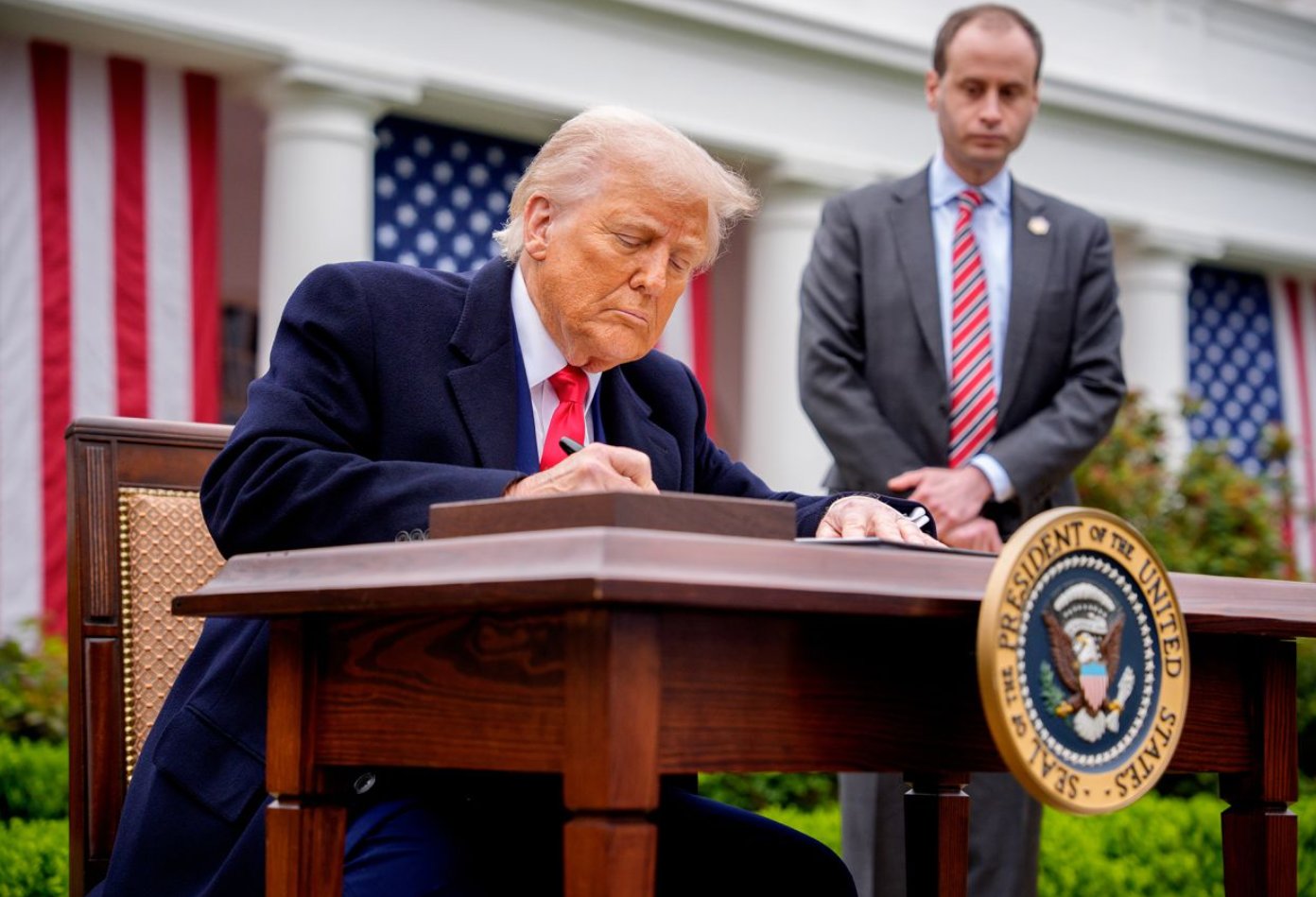
While professional sports receive the lion’s share of media coverage, grassroots and youth sports are just as essential. These programs develop future talent and promote health and education in communities. Many of them rely on sponsorships, local business support, and grants—all of which are vulnerable under Trump’s tax policy.
Smaller businesses that once sponsored youth leagues now face increased tax burdens and may be less willing or able to contribute. Additionally, the elimination of entertainment deductions reduces incentives for companies to support these programs through charitable events or sports clinics. Over time, this could lead to a decline in participation and a weaker pipeline of athletes progressing to college or professional levels.
1. **Stadium Construction and Municipal Financing**
A significant component of Trump’s tax reform was the restriction on using tax-exempt municipal bonds for private sports stadiums. Previously, cities could issue these bonds to attract or retain professional sports franchises. These projects often spurred job creation and local development, despite debates over long-term public benefit.
Under the TCJA, such funding mechanisms became more expensive or outright unavailable, stalling stadium upgrades or new builds. Without modern facilities, teams may lose fans, reduce ticket sales, or miss out on high-profile events like the Super Bowl or NBA All-Star Game—affecting not just the teams but also the cities that host them.
1. **Global Impact and International Talent Flow**
Many U.S.-based sports leagues recruit top talent from around the globe. Trump’s broader immigration and tax policies have made it harder for international athletes to relocate and compete in the U.S. Changes in tax residency rules and reporting requirements have added complexity and risk to foreign players’ earnings.
Athletes from countries with tax treaties may still benefit from favorable treatment, but many others are hesitant due to financial unpredictability. This could lead to a brain drain in sports talent, weakening league quality and diversity.
**10. The Domino Effect on Sports Media and Betting Industries**
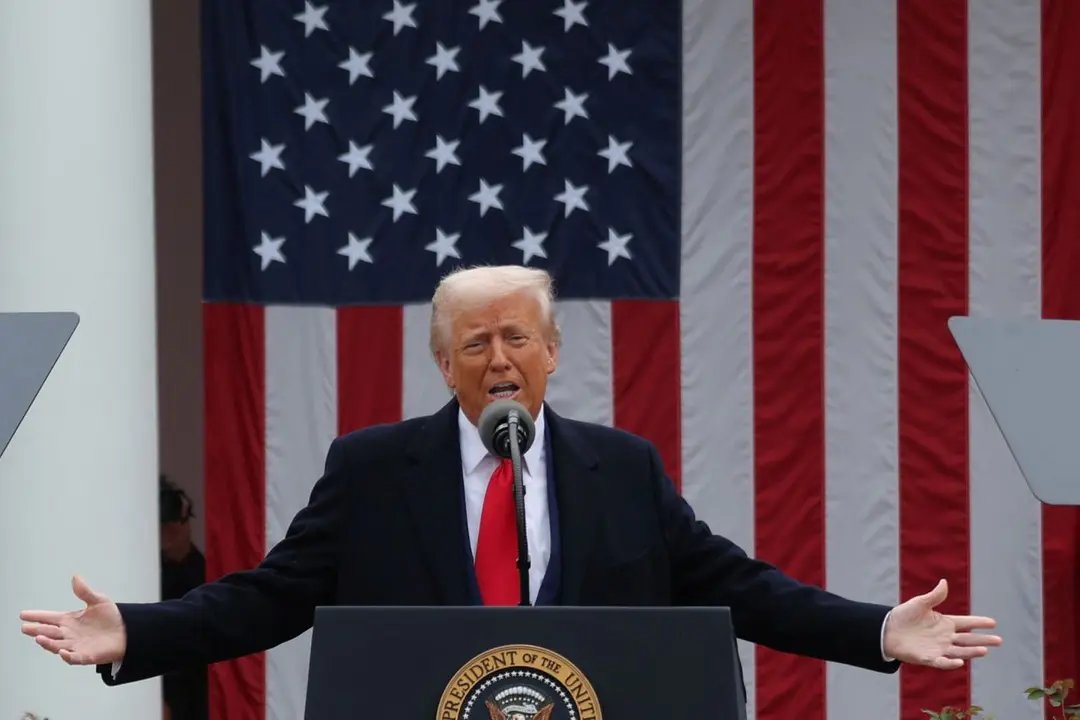
The sports media and betting sectors have boomed in recent years, largely due to technological innovation and relaxed regulations. However, Trump’s tax changes could hinder this growth. Media companies face higher costs in covering sports if sponsorships and ad spending decline. Similarly, betting companies—many of which operate with razor-thin margins—may reduce their partnerships with sports leagues and franchises due to higher tax liabilities.
This domino effect trickles down to content creators, data analytics firms, marketing agencies, and beyond—further straining the economic web built around sports.
**11. Athletes as Business Owners and Entrepreneurs**
Many athletes extend their wealth through business ventures, endorsements, and personal foundations. The TCJA’s changes to pass-through income taxation and charitable deductions have made this more difficult. Athletes with LLCs or S-corporations may find themselves in higher tax brackets without the same level of deductions as before.
Charitable foundations set up by athletes may also struggle to meet donation goals, as fewer high-income individuals are incentivized to give. This could reduce the impact of athlete-led philanthropic efforts, which often focus on underserved communities and youth empowerment.
**12. Future Outlook: Can the Sports World Adapt?**
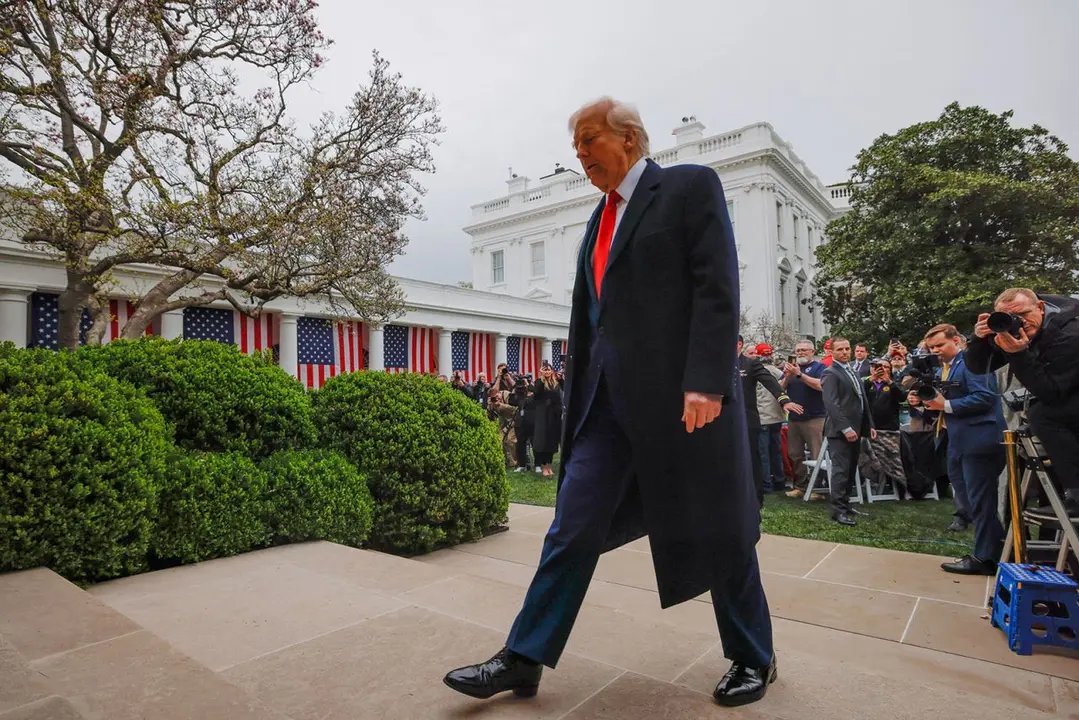
The sports world is resilient, but the cumulative effect of Trump’s tax policy poses significant challenges. While leagues and organizations have taken steps to adapt—through revised contract structures, diversified revenue streams, and lobbying efforts—the long-term viability of smaller franchises, grassroots programs, and tax-reliant operations remains in question.
Much depends on future administrations’ willingness to revisit or repeal parts of the TCJA that adversely affect the industry. If left unaddressed, these policies could accelerate a collapse—not sudden and dramatic, but slow and economically devastating.
**Conclusion**
Trump’s tax policy, though designed to energize the American economy, may inadvertently dismantle one of its most cherished cultural pillars: the sports world. From declining player salaries and faltering sponsorships to dwindling youth programs and stalled stadium projects, the effects are wide-ranging and severe. While the sports industry has weathered many storms—from global pandemics to labor strikes—it now faces a uniquely systemic threat rooted in economic policy.
The collapse, if it comes, will not be theatrical. It will be quiet, steady, and painful. The very lifeblood of American sports—the fans, the players, the dreamers—deserve better than to be sidelined by politics. It’s time for policymakers to recognize the profound role sports play in society and to craft tax laws that support, not sabotage, this dynamic industry.
